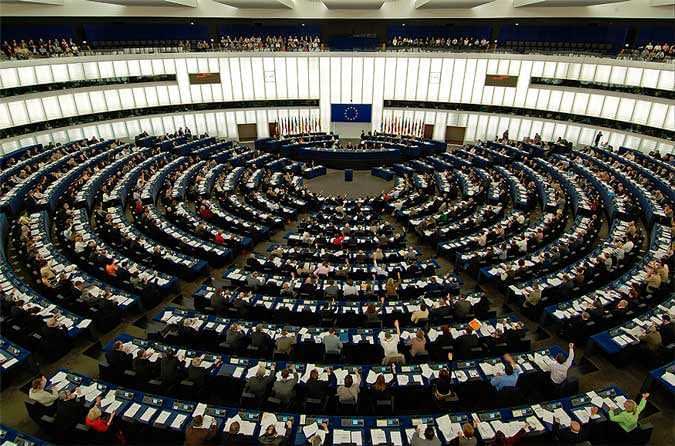
Europe’s olive oil sector will come a step closer to knowing its fate under the next Common Agricultural Policy (CAP) when the full European Parliament votes on changes in Strasbourg next week.
That subsidies will be cut is a given, but by how much is not yet known, and some measures proposed to help the sector are said to be under threat due to ideological objections from Members of the Parliament (MEPs) from the north of Europe.
Apart from the subsidies, the main proposals affecting the sector are in what’s called the Single CMO (common organisation of the markets in agricultural products) regulation, which was drafted by the European Commission then amended by Parliament’s Committee on Agriculture and Rural Development.
Increased market intervention
As it stands, the regulation provides for an increase in the private storage aid (PSA) trigger price for extra virgin olive oil by nearly 61 cents to the equivalent of €2.38/kg and that for virgin olive oil by 58 cents to €2.29/kg. No change is proposed to the trigger for lampante.
It would also effectively allow interbranch organizations in the olive oil and table olive sectors (such as the Interprofesional del Aceite de Oliva in Spain) to take steps affecting the supply chain, such as withdrawing surplus in times of over-production, without falling foul of competition laws.
And funding would be provided for programs to support the olive oil and table olives sector in areas including market follow-up, improvement of the environmental impacts of olive cultivation, improvement of the competitiveness of olive cultivation through modernization and restructuring, improvement of production quality, and monitoring of the quality of olive oils sold to final consumers.
Among other relevant provisions is a requirement that the European Commission consider a scheme for olive oil and table olives similar to those promoting the consumption of dairy and fruit and vegetable products in schools.
Lobbying intensifies
A vote is scheduled on CAP reform proposals during the plenary (full sitting) of the European Parliament from March 11 – 14, with a final decision due by June after talks involving the Commission and 27 EU member states represented in the EU Council of Ministers.
Juan Corbalán, Brussels delegate of Spanish Agri-food Cooperatives — which holds the presidency of the olive oil section of European farmer federation Copa-Cogeca — told Olive Oil Times that moves to amend certain measures affecting the olive oil value chain and quality control were expected from some MEPs from the north of Europe, particularly from the United Kingdom, Germany and Holland.
Their concerns boiled down to an ideological preference for self-regulation, he said, while in southern Europe (the world center of olive oil production) there was generally support for regulation. “Because if not, power goes to the strongest in the market.”
Corbalán said farmers were continuing to lobby for an increase to the PSA trigger price for lampante.








